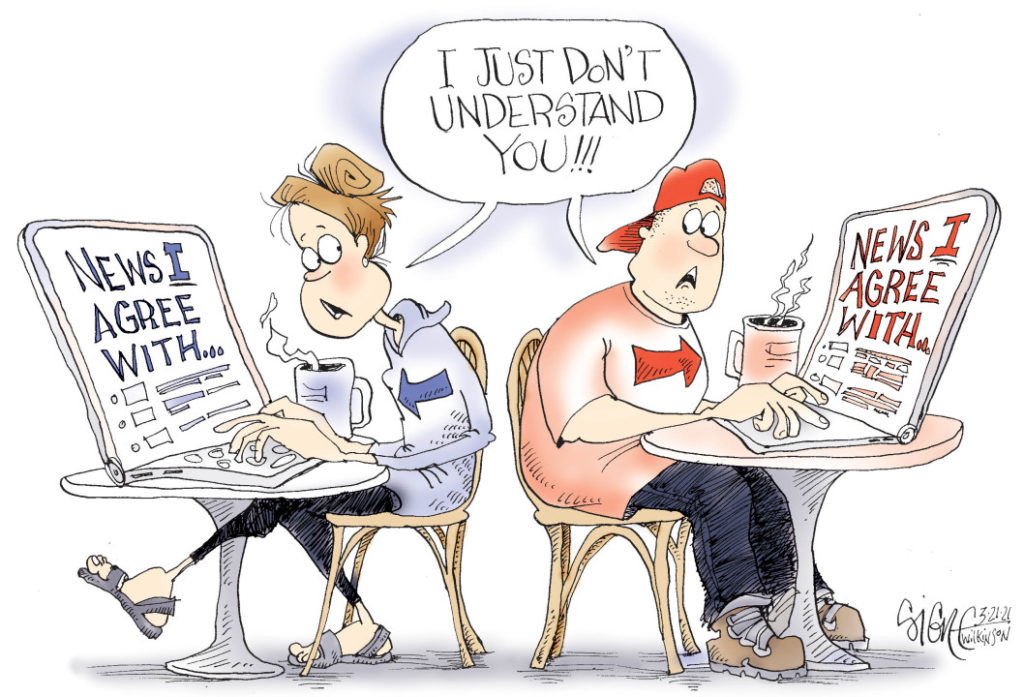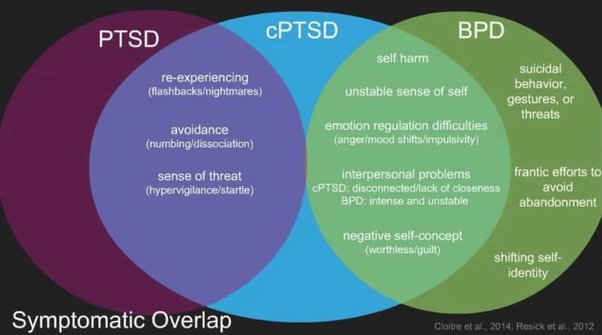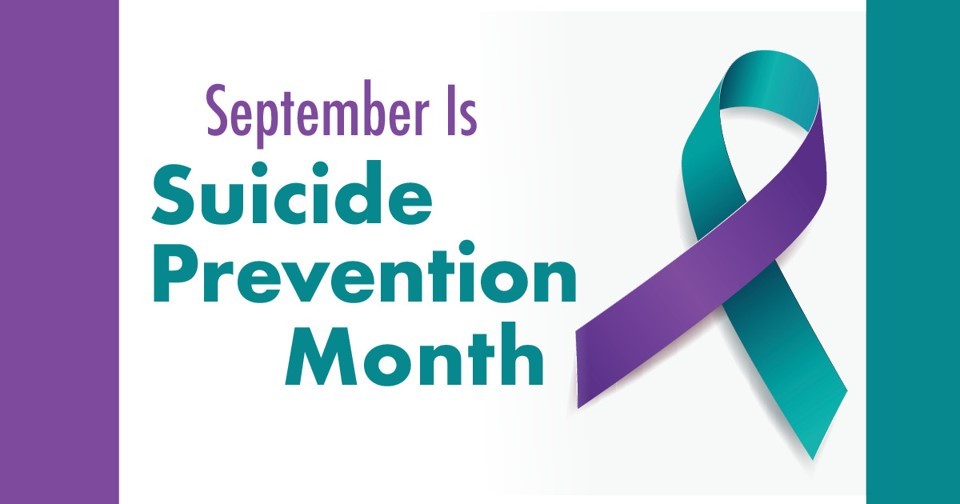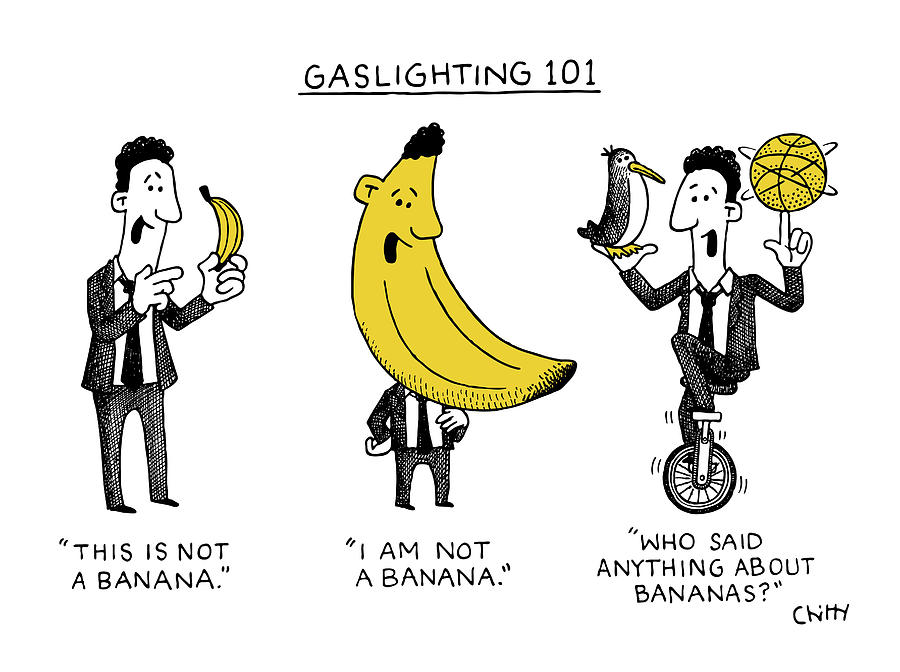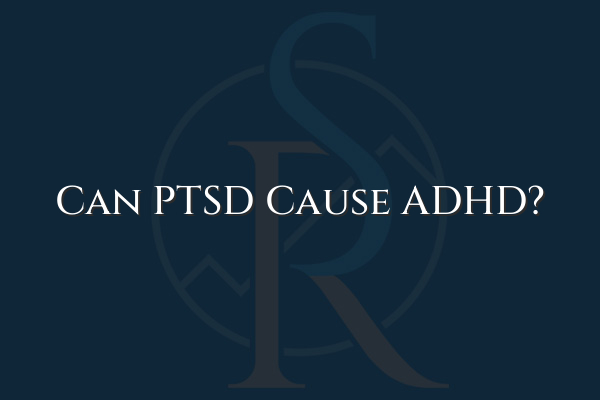Why History Repeats Itself: Understanding the Psychology Behind Our Collective Amnesia and the Rise of Cult-like Mentalities in Modern SocietyMountain Valley Counseling History has a way of repeating itself. We see it in the political cycles, in cultural conflicts, and even in the psychological patterns that shape society. But why does this happen? And more importantly, why do we forget the lessons of history, often making the same mistakes over and over again? This blog aims to explore the psychological mechanisms behind these patterns, focusing on the collective amnesia in modern society, the rise of cult-like mentalities, and the role social media algorithms play in promoting divisiveness and blurring the lines between truth and falsehood. The Repetition of History: Psychological Underpinnings History’s repetitive nature can be understood through the lens of cognitive psychology. One key concept that helps explain this phenomenon is cognitive biases—mental shortcuts our brains use to process…
The Difference Between Complex PTSD and PTSD By Misty Newman, CMHC, Owner of Mountain Valley Counseling Post-traumatic stress disorder (PTSD) is a well-known mental health condition that can develop after an individual experiences or witnesses a traumatic event. However, not all trauma experiences lead to PTSD, and in some cases, trauma can result in a more complex form of the disorder known as Complex PTSD (C-PTSD). While both conditions involve symptoms of trauma, they differ in their causes, symptoms, and impact on a person’s life. Understanding these distinctions is crucial for proper diagnosis and treatment. PTSD (Post-Traumatic Stress Disorder) PTSD typically results from a single traumatic event, such as a car accident, natural disaster, physical assault, or combat exposure. It can also occur after witnessing a traumatic event. Symptoms of PTSD often include: Intrusive memories: Flashbacks or vivid, distressing memories of the event. Avoidance: Avoiding reminders of the trauma, such…
Suicide Awareness Month
Suicide Prevention and Awareness Month 2024: Supporting Others and Self-Care September is recognized as Suicide Prevention and Awareness Month, a crucial time to shine a light on mental health challenges and the importance of providing support to those in need. This year, Mountain Valley Counseling wants to focus not only on how to support those struggling but also on the necessity of self-care for caregivers. Understanding the Context In recent years, suicide rates have tragically increased, highlighting a growing mental health crisis. Factors contributing to this rise include: Social Isolation: The COVID-19 pandemic exacerbated feelings of loneliness and disconnectedness. Many individuals are still grappling with the emotional aftermath, which can lead to increased suicidal ideation. Economic Stress: Financial instability, job loss, and the rising cost of living can overwhelm individuals, creating a sense of hopelessness. Access to Mental Health Resources: Despite growing awareness, access to mental health care remains limited…
Understanding Gaslighting and Its Impact on Mental Health Gaslighting is a form of psychological manipulation where a person or group seeks to make someone doubt their own perceptions, memories, or reality. This term, derived from the 1944 film “Gaslight,” where a husband manipulates his wife into questioning her sanity, has become a widely recognized concept in discussions of emotional abuse and manipulation. Gaslighting can occur in various relationships, including romantic partnerships, friendships, family dynamics, and workplace settings. Definition and Mechanisms of Gaslighting Gaslighting involves a series of manipulative tactics aimed at undermining the victim’s sense of reality. These tactics include denying facts, minimizing the victim’s feelings, and presenting false information as truth (Stark, 2018). The ultimate goal is to destabilize the victim’s perception of reality, thereby gaining control and power over them. Gaslighters often use subtle and gradual methods to erode the victim’s confidence in their own thoughts and…
The correlation between PTSD and ADHD.
Attention-Deficit/Hyperactivity Disorder (ADHD) and Post-Traumatic Stress Disorder (PTSD) are two distinct psychiatric conditions, but they can intersect in complex ways. Both disorders impact attention, behavior, and emotional regulation, and their interplay can complicate diagnosis and treatment. This relationship is especially pertinent when considering how untreated trauma might contribute to or exacerbate ADHD symptoms. ADHD and PTSD: An Overview ADHD is characterized by persistent patterns of inattention and/or hyperactivity-impulsivity that interfere with functioning or development (American Psychiatric Association, 2013). PTSD, on the other hand, arises from exposure to traumatic events and includes symptoms such as intrusive memories, hypervigilance, and avoidance (American Psychiatric Association, 2013). The Overlap Between ADHD and PTSD Research shows that both ADHD and PTSD involve disruptions in attention and executive functioning. For instance, individuals with ADHD often struggle with sustaining attention and managing tasks, while those with PTSD may experience difficulties with concentration due to intrusive thoughts…
Healing Trauma from and honoring all of your parts
The IFS treatment model is becoming quite popular. It is particularly helpful with trauma.

